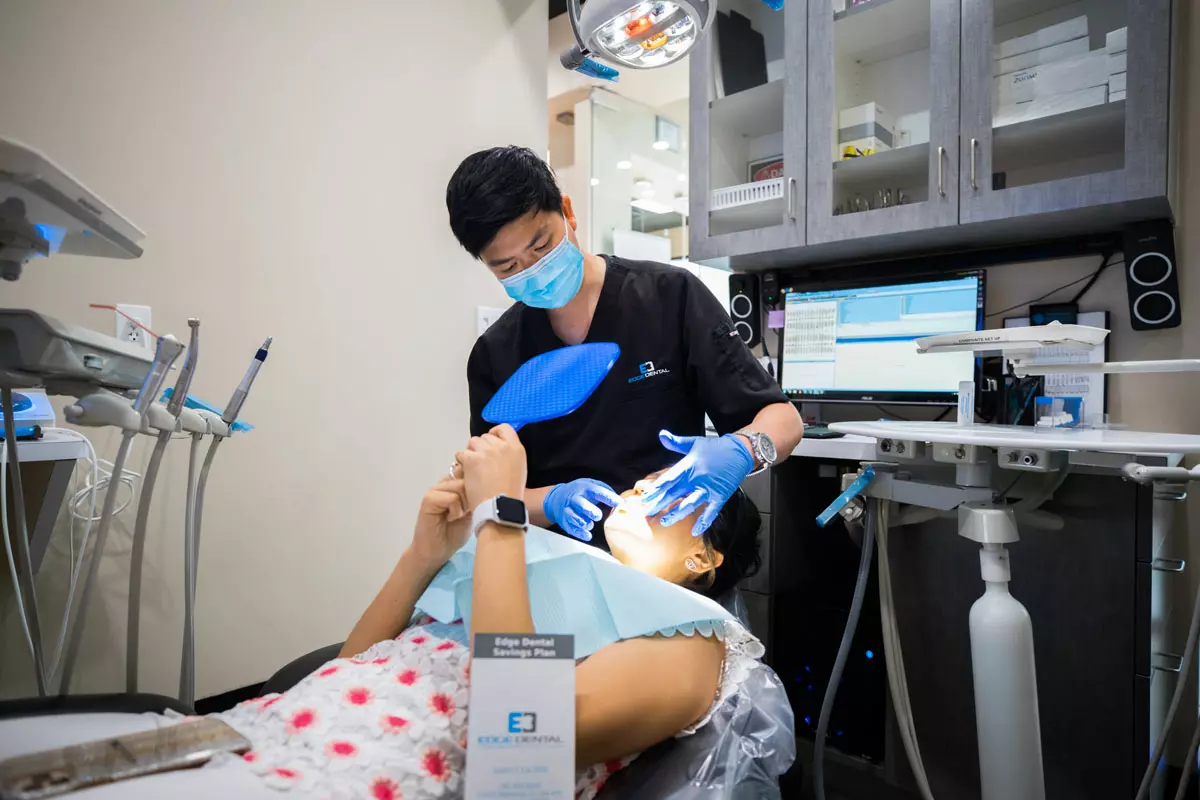What Are the Benefits of a Tooth Crown and Mandibular Advancement Device from a Dentist?
When it comes to dental care, advancements in technology and materials have led to more effective and longer-lasting solutions. Whether you’re dealing with a damaged tooth or struggling with sleep apnea, modern dental treatments can significantly improve your quality of life. Two common but often misunderstood solutions are the tooth crown and the mandibular advancement device. A qualified dentist can guide you through when and why these options are the best fit for your needs.
What Is a Tooth Crown and Why Might You Need One?
A tooth crown is a custom-fitted cap that covers a damaged, decayed, or weakened tooth. Dentists often recommend crowns when a filling won’t suffice, particularly after a root canal or when a tooth has cracked. Crowns restore the tooth’s shape, strength, and appearance.
If you’ve ever had a large cavity, a broken tooth, or a discolored tooth that doesn’t respond to whitening, your dentist may suggest a crown. Crowns are made from various materials, including porcelain, ceramic, metal alloys, or a combination of materials. The type chosen depends on the tooth’s location and the patient’s preferences regarding durability and appearance.
The process of getting a crown typically involves two visits to the dentist. During the first visit, your dentist will remove any decay, shape the tooth, and take an impression. A temporary crown is placed while the permanent one is made. On the second visit, the final crown is cemented into place. With proper care, crowns can last 10 to 15 years or longer.

How Does a Mandibular Advancement Device Work?
For patients suffering from obstructive sleep apnea or chronic snoring, a mandibular advancement device (MAD) can be life-changing. This dental appliance repositions the lower jaw (mandible) slightly forward, which helps keep the airway open during sleep. By doing so, it prevents the throat muscles from collapsing and obstructing airflow.
Unlike CPAP machines, which require masks and hoses, MADs are small, easy to wear, and highly portable. They are custom-made by your dentist to fit your mouth comfortably and precisely. The best part? Many users find them easier to stick with over the long term compared to bulkier options.
Your dentist will take impressions of your upper and lower teeth and jaw to fabricate the device. Once it’s ready, you’ll come in for a fitting and make minor adjustments as needed for comfort and effectiveness. The result is better sleep, less snoring, and reduced health risks associated with sleep apnea.
Why Should You Consult a Dentist for These Solutions?
Choosing the right dentist is crucial for achieving the best outcome with either a tooth crown or a mandibular advancement device. These treatments require precision, experience, and follow-up care to ensure long-term success.
Your dentist can accurately assess whether a tooth crown is needed or if a more conservative treatment is possible. For MADs, your dentist will also evaluate your jaw structure, bite alignment, and overall oral health before recommending the appliance. This ensures that the device will work effectively and won’t cause other issues like jaw pain or tooth movement.
Moreover, follow-up appointments with your dentist allow for timely adjustments and ongoing monitoring. This is especially important for MADs, which may require fine-tuning as your jaw adapts.

Are There Long-Term Benefits to These Treatments?
Absolutely. A well-placed tooth crown protects the underlying tooth from further damage and decay, preventing the need for extraction or implants. It can also restore function, allowing you to chew and speak comfortably. Crowns also enhance aesthetics, giving you the confidence to smile again.
As for the mandibular advancement device, it offers significant health benefits beyond better sleep. By reducing or eliminating sleep apnea episodes, MADs can lower your risk of high blood pressure, heart disease, and stroke. Many users report improved energy levels, better mood, and enhanced overall well-being.
Both treatments are non-invasive, customizable, and designed to last with proper care. They represent some of the best innovations in modern dentistry.
Conclusion:
Whether you need a tooth crown to restore a damaged tooth or a mandibular advancement device dentist near me to sleep better at night, your dentist is your best resource. These solutions are not only effective but also tailored to your specific needs. With professional guidance, you can enjoy the health and quality-of-life improvements these treatments offer.
Regular dental visits ensure your crowns remain intact and your MAD continues to function properly. Don’t wait until a minor issue becomes a major problem—consult your dentist and explore your options today.
Comments
Post a Comment